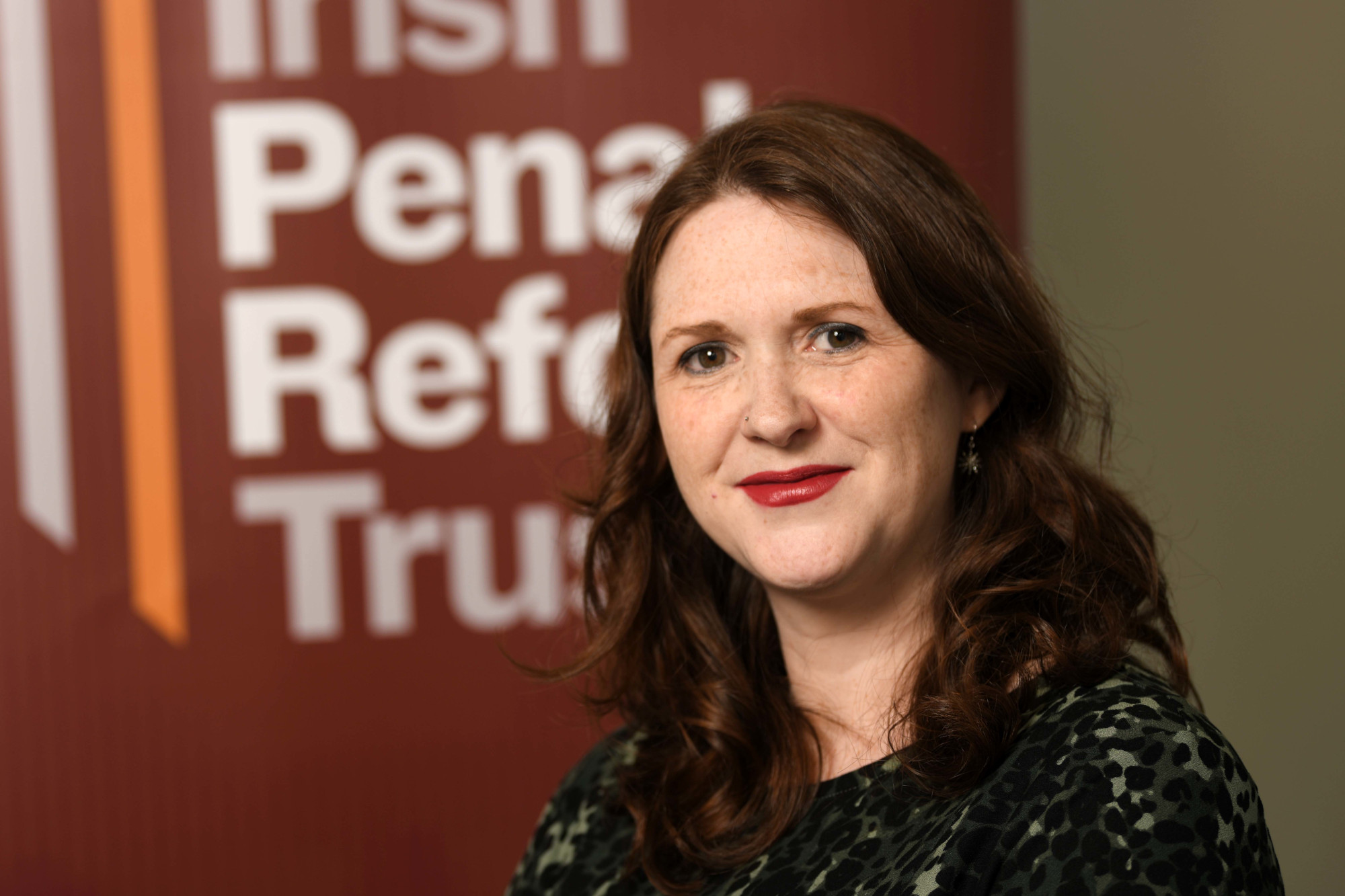Imprisonment ‘pushing families into poverty’

Saoirse Brady
Children and families are being driven into poverty as a result of a parent or partner being sentenced to prison, new research has highlighted.
A report published today by the Irish Penal Reform Trust (IPRT) warns that children and families affected by imprisonment face severe and lasting financial and emotional hardship, with many unable to achieve a minimum essential standard of living (MESL).
Imprisonment of a child’s primary carer is recognised as one of the 10 adverse childhood experiences (ACEs), with long-term impacts on well-being, education, and social outcomes.
Previous IPRT estimates indicated that over 5,000 children in Ireland have a parent in prison on any given day, affecting more than 10,000 children annually. With record prison numbers in 2025, this figure is now likely to be significantly higher.
The new research, authored by Dr Sara Singleton, head of public education at TASC, explores the financial and emotional impact of imprisonment on families with children.
Combining a review of national and international evidence with original research including a snapshot of interviews and surveys with families the study documents how imprisonment intensifies financial strain, social exclusion and emotional stress for those left behind.
The report concludes that addressing the financial and emotional impact of imprisonment on families is essential for Ireland to meet its obligations under the UN Convention on the Rights of the Child, the European Social Charter, and the EU Child Guarantee.
Speaking at yesterday’s launch event, Saoirse Brady, IPRT executive director, said: “This research lays bare the hidden cost of imprisonment for the thousands of children and families across Ireland who are serving what many described as ‘a sentence of their own’.
“Without coordinated action, these families on the outside will continue to experience poverty, stigma and exclusion.
“When a parent or partner goes to prison, family relationships are strained, mental health and wellbeing are negatively impacted, and the family often loses an essential income. Lives are turned upside down.
“In other circumstances, when a family experiences a loss, extended family and community rally around them. However, the people we heard from told us how they were treated differently, ignored and often refused help at both a personal and an official level.
“We hope this report will serve as a call to action to better understand the impact of prison on families and result in concrete actions and practical supports for families.”
Dr Singleton added: “This research shows that the impact of imprisonment is felt intensely but uniquely by every family.
“A partner losing a household income, a grandparent becoming a full-time carer, or a child trying to stay connected with their parent each faces distinct challenges.
“Despite these differences, a clear pattern emerged. Income drops, essential costs rise and the social and community supports families rely on often weaken or disappear. For many participants, this was the moment they moved from ‘just about managing’ into poverty.
“One of the most striking findings is how invisible these families are within existing data and policy.
“The financial and emotional pressures we documented are not unavoidable. They stem from gaps across social welfare, education, housing and family support systems that were never designed with these situations in mind.
“If we are serious about preventing poverty and protecting children, then policy must recognise the diversity of these experiences and address the systemic failures that allow imprisonment to reshape family life in such profound and lasting ways.”









